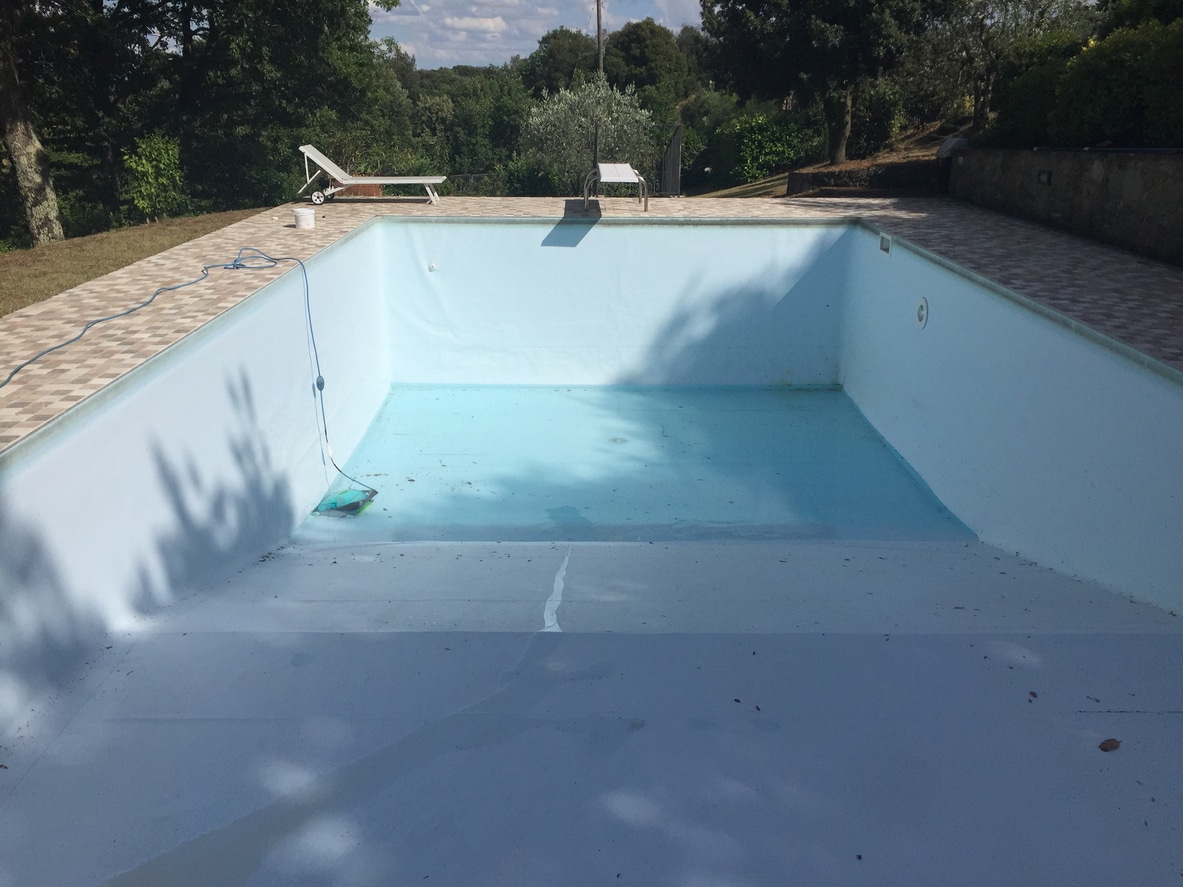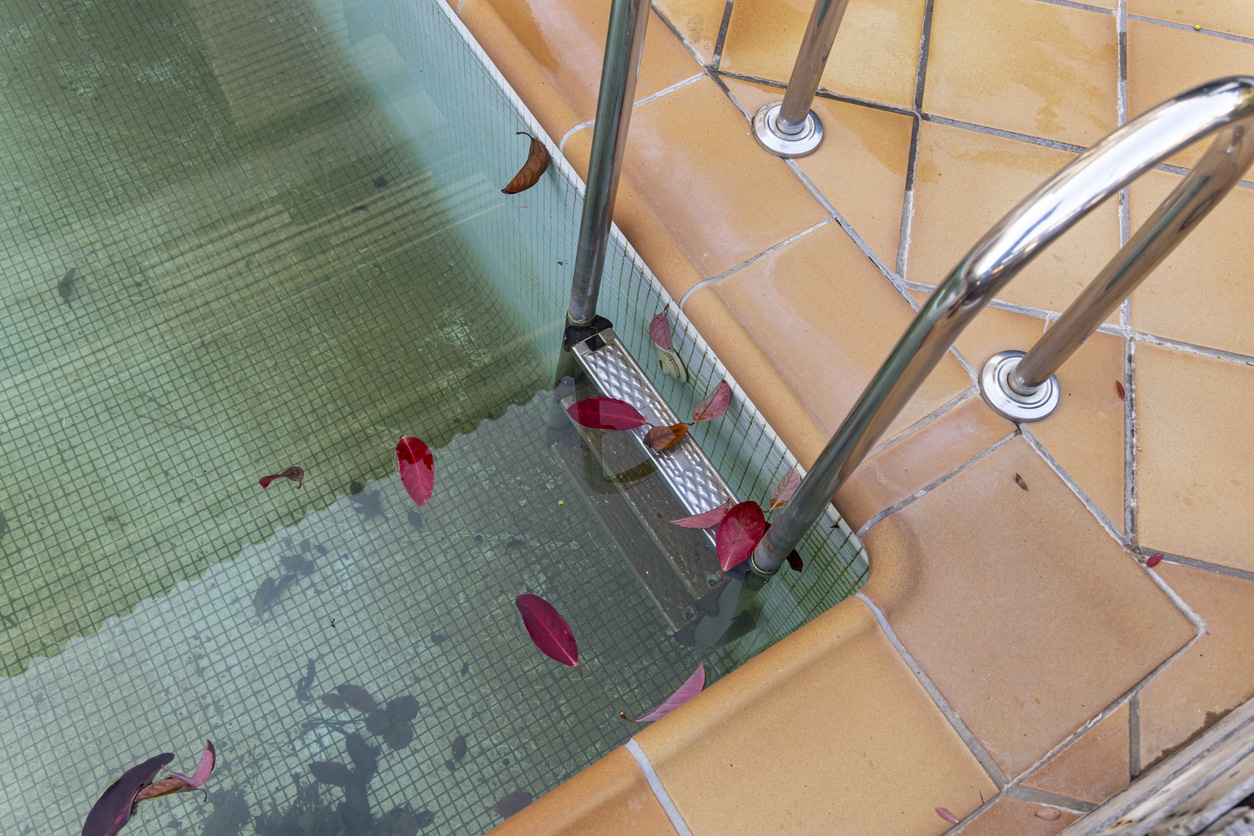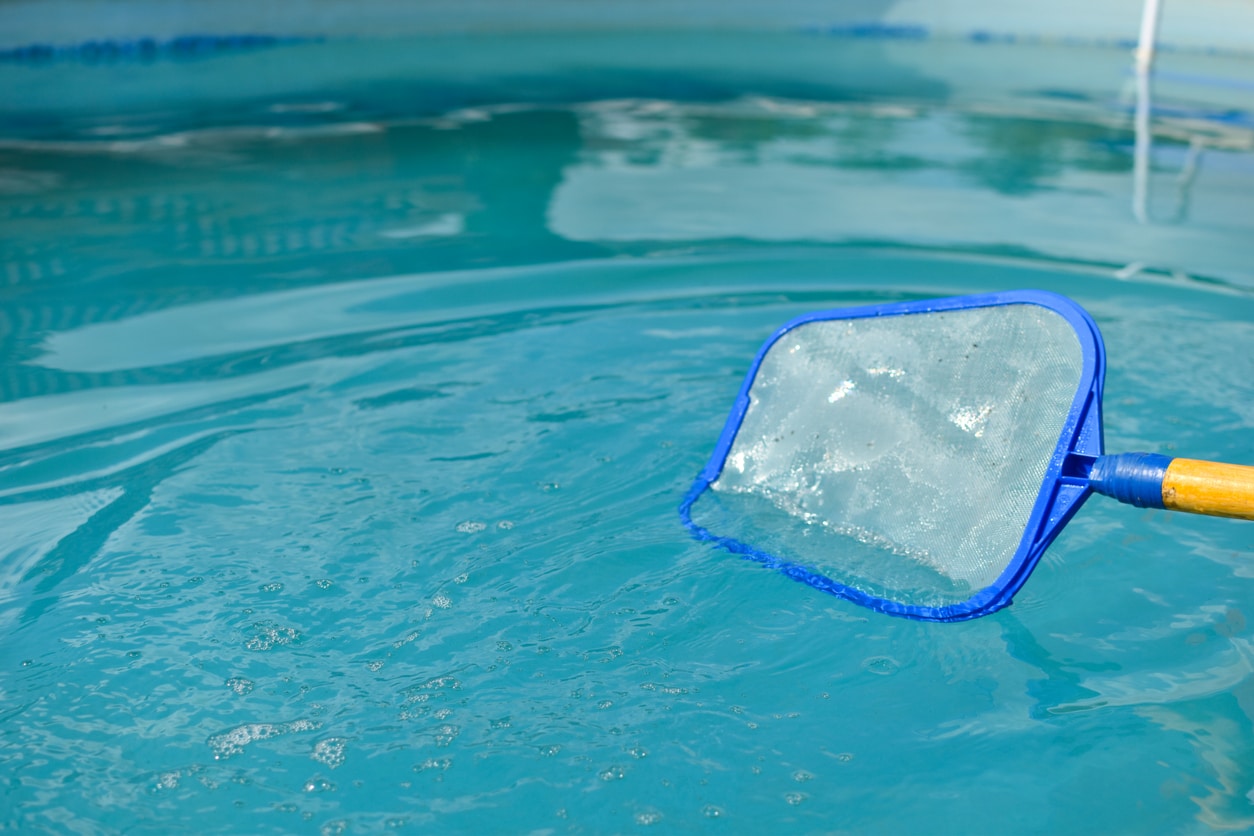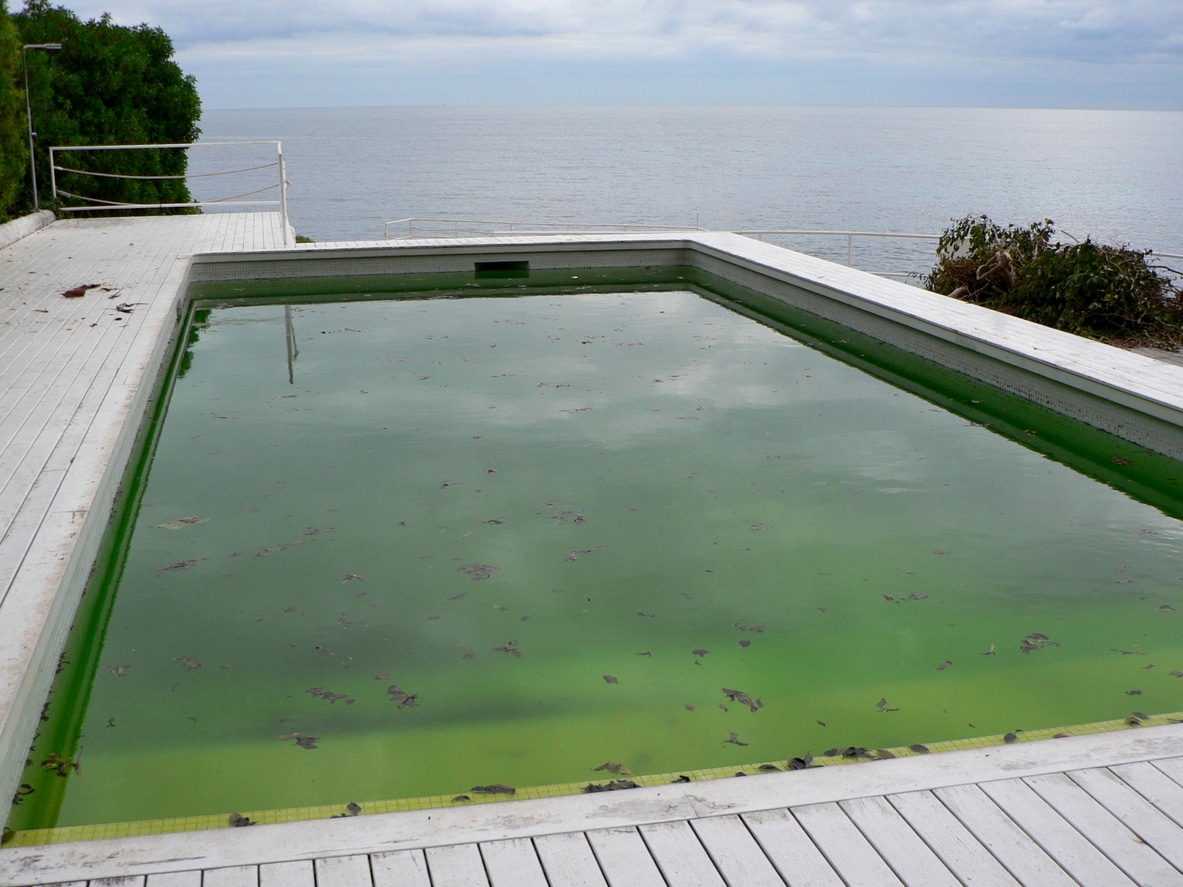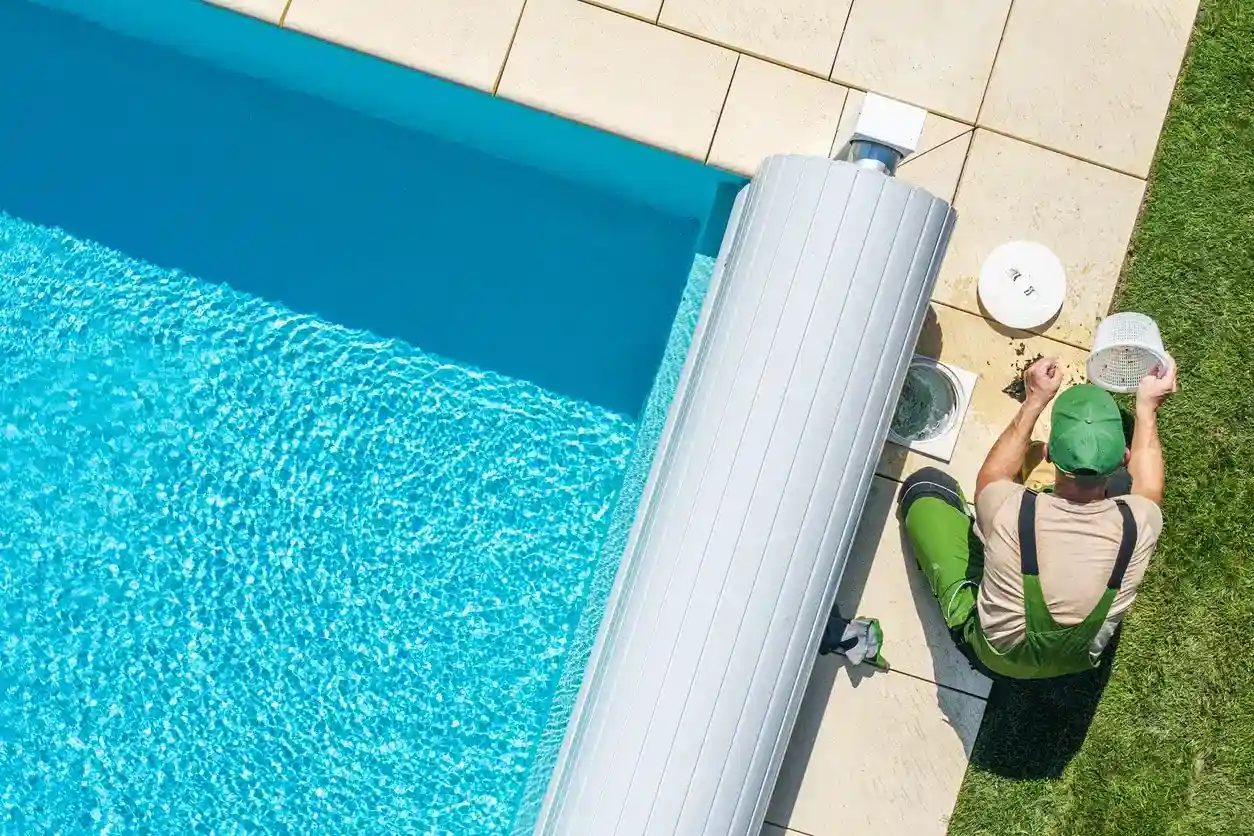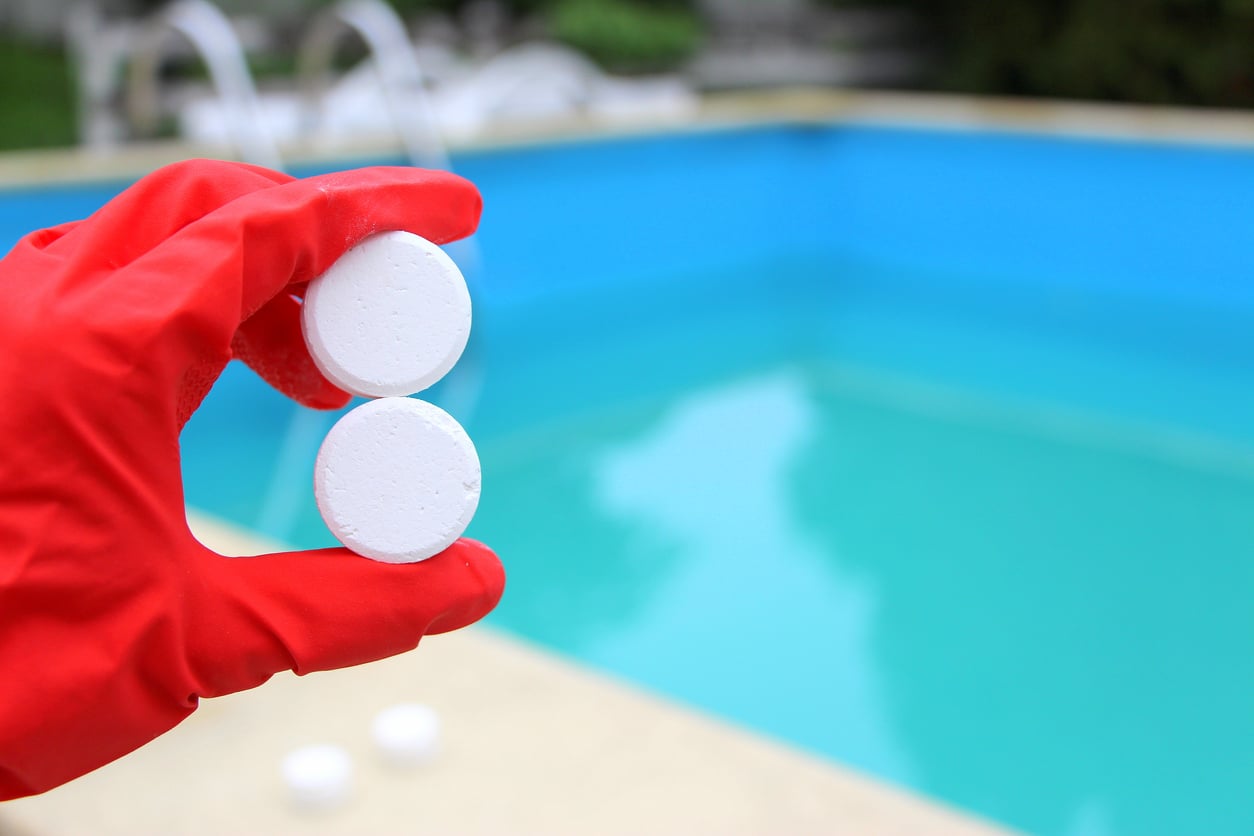Serving Scottsdale and Surrounding Areas
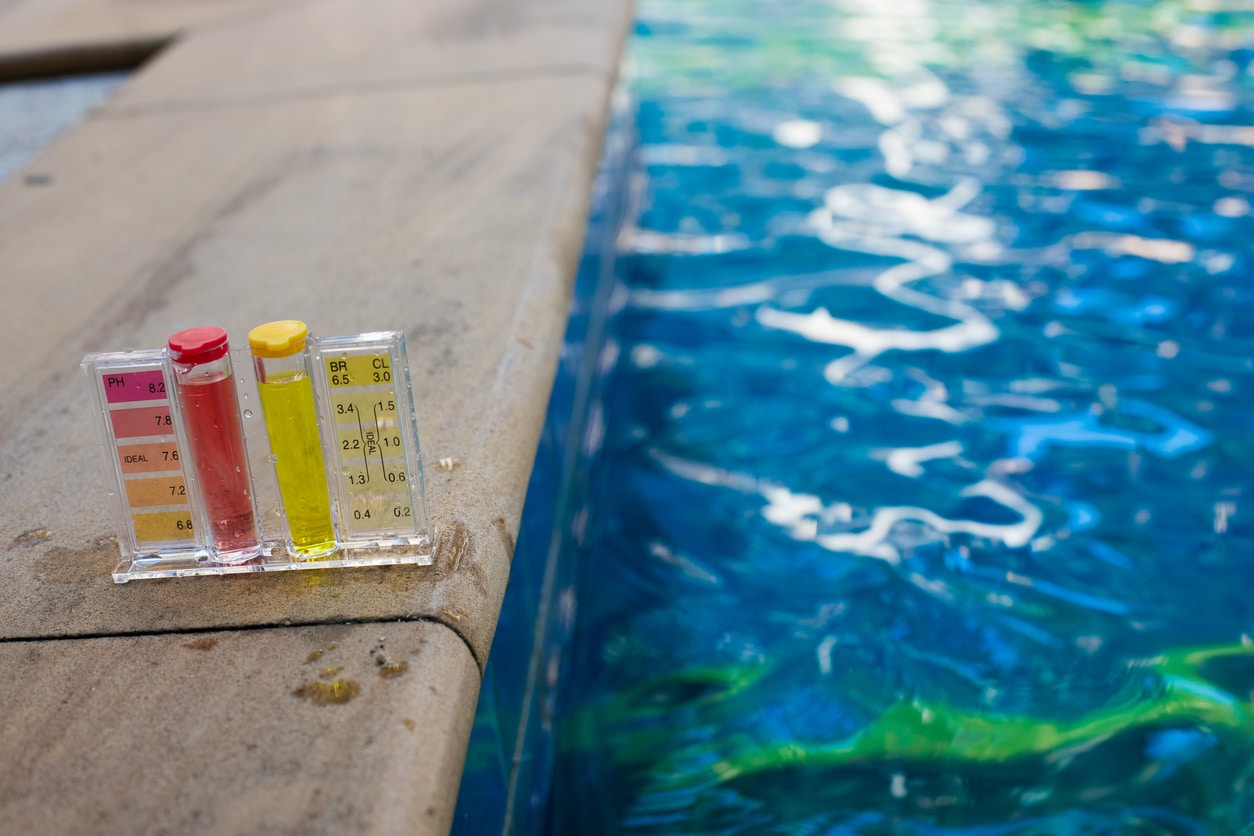
Can You Lower Your Pool’s Calcium Hardness?
Can one actually reduce calcium levels within their pool water? It is an excellent question and there is quite a lot of discussion in the business on whether or not these types of calcium lowering agents actually work for one’s swimming pool.
First, let us identity what calcium hardness actually means.
Hardness in a pool is basically a complete measurement of each of the dissolved minerals like sodium, magnesium, and calcium. You can certainly have others in the pool, of course, but lets keep this as easy and straightforward as possible.
The majority of us pool guys, as a benchmark in pool water chemistry, use calcium hardness. Terrible things can take place when calcium hardness reaches anything beyond around 400 ppm. Water at this state often turns aggressive and doesn’t react to typical treatment, you might experience large amounts of scaling, you’ll likely need to have some calcium removed from your tile, and there can be some issues with your pool’s equipment.
So, the most effective option would be to make sure that it remains less than 400ppm, but still over 200ppm.
Now, you have 2 main reasons for high calcium.
Fill Water
Some water has high levels of calcium before anything is done to it (make sure you are examining the water in the event you empty/refill your pool with well water or city water). Be sure to analyze your water source before doing this, if you are thinking about emptying your pool. Some areas are considerably better than many others. If you have a regular pool service, they should be able to help you figure this out.
Your Pool’s Chemicals
Many substances that get added to a pool include high levels of calcium. For example, calcium hypochlorite is included in many chlorine products (although you may get calcium free chlorine). This obviously can affect your swimming pool’s calcium levels, for sure.
So, what are your options?
There are a few choices to contemplate:
1) I am a huge fan of emptying the water every couple of years. Trust me, this is going to be considerably cheaper than you if you just sit around doing nothing. In the event that you do not have any calcium hardness problems, do not empty – no sense in an unneeded expense, of course.
2) There are various chelating goods in the marketplace which may reduce calcium amounts within one’s pool. Well, kind of, anyway. Basically these products bonds together with the calcium to produce the desired outcome. One should keep in mind that not all these products are made equally. Calcium in the pool can be lowered by them, although I haven’t personally seen them being the most effective solution all by themselves.
If you need some help with your calcium levels feel free to call us here at Aquaman Pools (https://www.supercleanpools.com/). Our number is (480) 243-7665.

